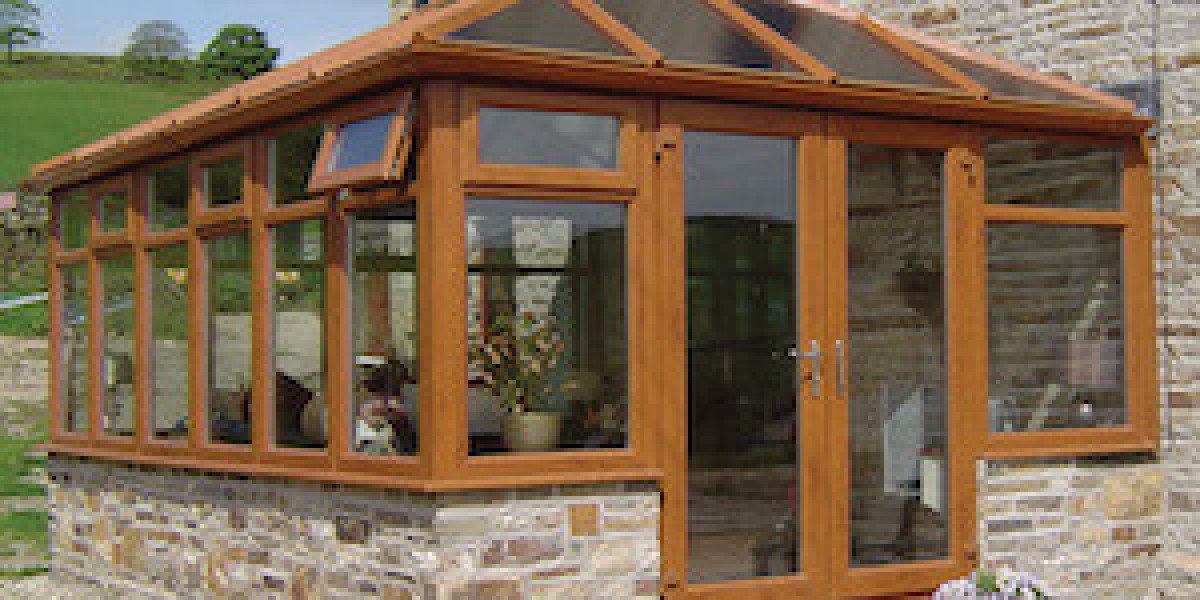A Comprehensive Guide to Residential Door Installers
When it concerns home enhancement, few tasks can make as substantial an effect as setting up brand-new doors. Whether replacing outdated doors or enhancing security, visual appeal, or energy performance, employing a professional residential door installer can ensure the project is finished skillfully. This short article explores the roles, duties, and benefits of professional door installation services, in addition to what house owners can expect during the process.
Understanding the Role of Residential Door Installers
Residential door installers specialize in the installation, repair, and replacement of doors in residential settings. Their know-how typically extends beyond merely hanging a door; they are also knowledgeable about door frames, locks, and hinges, making sure that each installation meets safety requirements and is aesthetically pleasing.

Secret Responsibilities of Residential Door Installers
- Assessment of Doorway Conditions: Inspecting the existing frame and wall structure for stability and viability for brand-new door setups.
- Determining and Sizing: Making precise measurements to guarantee that the new door, whether it's a sliding door, swing door, or French doors, fits perfectly.
- Installation: Installing the door and its hardware, that includes locks, hinges, and deals with, making sure whatever works smoothly.
- Sealing and Insulation: Adding weather condition removing or insulation to avoid drafts, thus improving home energy effectiveness.
- Ending up Touches: Ensuring the door is lined up correctly and making necessary modifications for functionality.
Advantages of Hiring Professional Door Installers
While some property owners may think about tackling door installation as a DIY job, there are compelling reasons to employ professional services.
Advantages of Professional Installation
- Experience and Expertise: Professional installers bring years of experience and knowledge of numerous kinds of doors and installation strategies.
- Time Efficiency: What may take an unskilled property owner an entire weekend might be finished in a day by professionals.
- Quality control: Professional installation decreases the risk of mistakes and possible damage to the home, guaranteeing a best fit and finish.
- Security factors to consider: Heavy doors can posture substantial threats; experienced installers know how to deal with these securely.
- Guarantee and Support: Many installers offer service warranties on their work and products, supplying assurance.
Elements to Consider When Hiring a Door Installer
- Experience and Credentials: Verify the installer's credentials and inspect customer reviews or referrals.
- Expenses and Estimates: Obtain numerous quotes and understand what is included in the rates.
- Kinds of Doors: Ensure the installer has experience with the particular type of door you prepare to install.
- Follow-Up Services: check if the installer uses post-installation services like maintenance or repairs.
Kinds Of Doors Often Installed by Professionals
Residential door installers deal with various doors tailored to particular requirements and tastes. Here are some common types they deal with:
Common Types of Residential Doors
| Door Type | Description | Normal Use |
|---|---|---|
| Entry Doors | The primary doors that provide entrance to the home. | Front of your house |
| Interior Doors | Doors used to separate rooms inside a home. | Bed rooms, restrooms etc. |
| Sliding Doors | Doors that glide open on tracks, generally made from glass. | Patios or verandas |
| French Doors | Double doors that open external, offering sophistication and space. | Dining rooms or gardens |
| Storm Doors | Additional doors placed outside entry doors for protection. | Front and back entry |
| Security Doors | Strong doors developed to offer improved security. | Entrances requiring extra security |
The Door Installation Process
Understanding the steps associated with door installation can provide house owners with sensible expectations and facilitate smoother interaction with their installers.
Steps Involved in Door Installation
- Initial Consultation: Discussion of needs and alternatives, followed by measurements and style selection.
- Preparation: Removing the old door and preparing the entrance for installation.
- Fitting the New Door: Ensuring the newly selected door fits well within the existing frame.
- Securing the Door: Installing hinges, locks, and doorknobs, paying mindful attention to positioning.
- Sealing: Applying surfaces, weather condition removing, and looking for any gaps.
- Last Inspection: Inspecting the installation for correct performance and appearance.
Frequently Asked Questions (FAQs)
How long does it take to install a door?
- A normal door installation can take anywhere from 1 to 4 hours, depending upon the complexity of the job.
What should I search for when hiring a door installer?
- Search for experience, licensing, insurance, and client evaluations, in addition to their knowledge of various door types.
Can I set up a door myself?
- While it is possible, professional installation is suggested for ideal outcomes and safety, specifically if the installation includes structural changes.
What is the typical cost of door installation?
- Expenses can differ widely based upon door type, materials, and labor. Generally, property owners can expect to pay anywhere from ₤ 200 to ₤ 1,200 per door, including products and labor.
Exist service warranty alternatives available?
- Many professional installers use warranties on both labor and the doors themselves, securing the house owner's financial investment.
For property owners aiming to boost their properties with brand-new doors, employing a professional residential door installer is a smart option. With their proficiency, performance, and guarantee of quality work, professional installers can change a basic door replacement into a seamless experience. Considering the elements described in this short article will help property owners make informed choices, leading to an improved home visual, security, and convenience.








